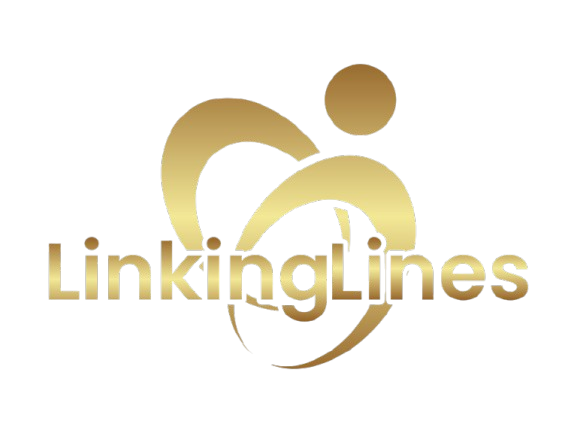If you’ve never had an employment gap in your CV, it is very likely you have one now due to the COVID-19 situation that hit us all hard. Oftentimes, people wonder is it OK to have an employment gap in their CV. Let’s look at the question of employment gaps a bit closer, as we will try to shed some light regarding the topic.
The Times They Are A-Changin’
While it is true that employment gaps were considered a big no-no in the past, we have to admit – the times really are changing. Companies nowadays have to be more tuned into the needs and ways of jobseekers, if for no other reason, because of media exposure. That being said, what used to be a red flag 5-10 years ago is not necessarily a red flag today. So, this means that having an employment gap in your CV is not as a big deal as it used to be.
Let’s get real
Life happens. Some people take time off to travel, some to study full time, while others face personal difficulties like their own illness or a family member’s one. There is also caring for your children.
Should we be ashamed of living life?
Absolutely not! It is unrealistic to expect no employment gaps in a CV from candidates as the recruiters/hiring managers are not familiar with their situation.
What do I do if I have employment gaps in my CV?
If you happen to have an employment gap and you are not comfortable with it, you can always choose to remove months and list your work experiences stating the year only.
That way, if you finished a role in April and started your next job in May the following year, you will not explicitly state it.
Another way would be to merge work experiences for the same or very similar roles. If you do that, the reader will probably be intrigued by what went on and you will most likely get a chance to explain in a chat.
If you follow this advice, the employment gaps in your CV will not be as obvious.
How to explain employment gaps
The most important thing of them all is how to explain employment gaps when you get to the interview phase. Remember, it’s all in how you say it and how you present your work history. Only you know what really happened so make sure you tell the story properly.
The best way would be to say the truth. If you took some time off to do some soul-searching, you should say so. But the way you tell your story matters too, so, observe the person who’s interviewing you and share what you think they’d understand.
When we advise this, the clients often ask what happens if it doesn’t work. Then, we ask them a question: would you really want to work for someone who expects you not to have a life outside work?
Today’s world is fast-moving, and unpredictable, and life is full of obstacles and surprises. Do not get discouraged by those who live to work – they don’t know your story! And you’ve got a chance to tell it.
If you’d like to read more content like this, check out other articles on our Blog page.
This all sounds too complicated
CV writing can be overwhelming, we get it, and you’re definitely not alone in that thought. That’s why we wrote a simple guide that is very easy to follow. If you follow the principles outlined in this book, you’re bound to get more replies to job applications.
However, if you simply can’t imagine writing about yourself, or for whatever reason you don’t want to do it, get in touch using the form below and we’ll take it from there. Let’s boost your career together.
[html_block id=”8293″]
















Leave a Reply